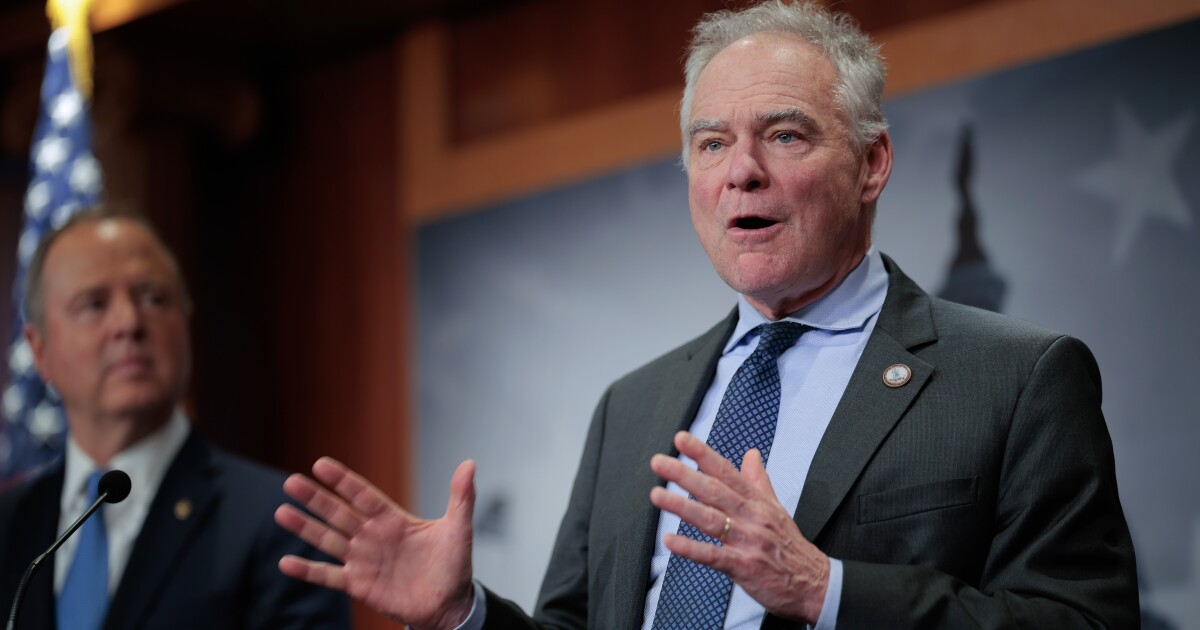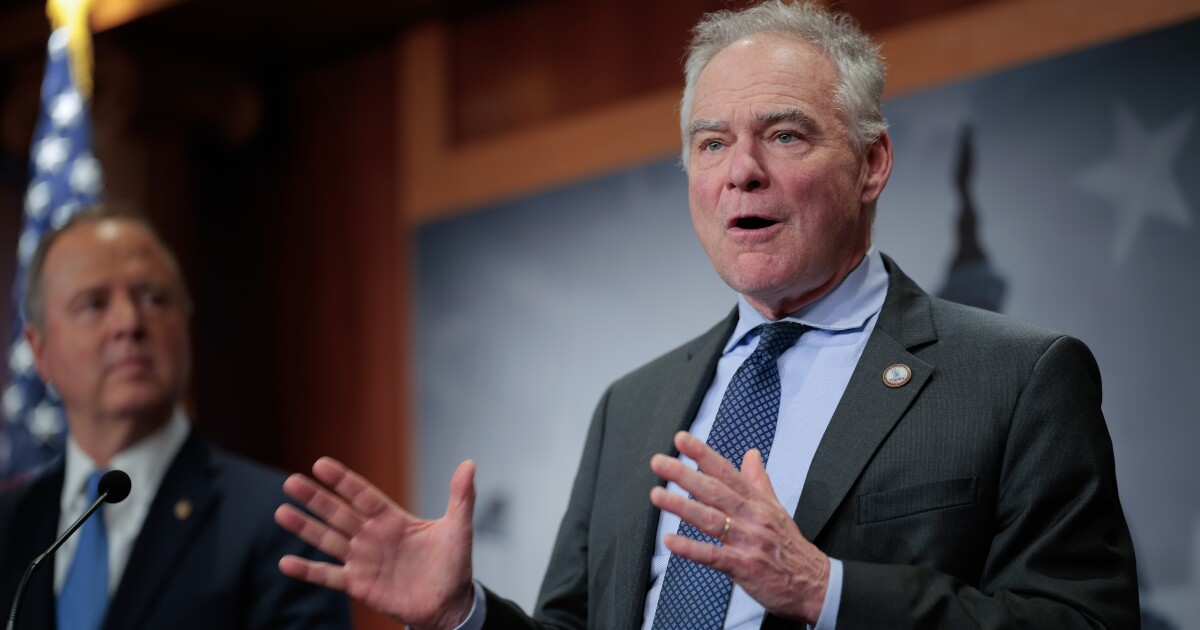New Legislative Session Sees Introduction of Expanded Open Records Bills in Michigan
In a move to enhance transparency, Michigan legislators have reintroduced bills aimed at extending open records laws to include the governor’s office and legislative members. These bills were among the first to be presented as the new legislative session kicked off on Wednesday.
Last session, the Michigan Senate successfully passed similar measures, but they failed to progress in the House of Representatives before the session ended. This year, Senator Jeremy Moss (D-Southfield), a long-time advocate for the Freedom of Information Act expansion, remains hopeful about the bills’ prospects despite a shift in party control of the Michigan House from Democrats to Republicans.
“This is now something that has only passed out of a Democratic controlled Senate and only passed out of a Republican controlled House. I’m hopeful that maybe this is the right mechanics that are in place now to get it done,” Moss expressed to reporters.
Demonstrating bipartisan cooperation, the bills are jointly sponsored by Moss and Senator Ed McBroom (R-Waucedah Twp). On Wednesday, the bills were positioned to bypass the Senate committee process, potentially allowing a vote as soon as next week.
Moss emphasized the thorough examination the policy has undergone, stating, “This has got to be the most vetted policy that’s still lingering in this town. And I think that by not only prioritizing it as Senate bills one and two, but by sending it directly to the floor, we are signaling how important this is.”
Focus on Minimum Wage and Sick Leave Laws
Alongside the open records initiative, Senate Democrats unveiled their strategy for revising Michigan’s minimum wage and sick leave regulations. This comes ahead of a planned policy update scheduled for February.
The proposed legislation would accelerate the increase of the minimum wage to $15 per hour by 2027, a faster timeline than currently scheduled. The plan also aims to maintain the minimum wage for tipped workers at 60% of the rate for non-tipped workers, diverging from the existing plan that seeks to equalize the wages by 2030.
Business entities have urged legislators to moderate the proposed wage hikes. Senate Minority Leader Aric Nesbitt (R-Porter Twp) has yet to fully review the Democrats’ proposal but emphasizes the importance of preserving the tipped wage credit. “Over the last several decades, over the last 70 years, we’ve had a whole industry built around this. And my number one priority is how do you save the 50,000 restaurant jobs in the state of Michigan? And so I’m willing to work with anybody anyhow to find that solution as we go into it,” Nesbitt stated to the media.
In parallel, the Michigan House Republicans have also prioritized addressing minimum wage and sick leave laws in their legislative agenda.
—
Read More Michigan News










